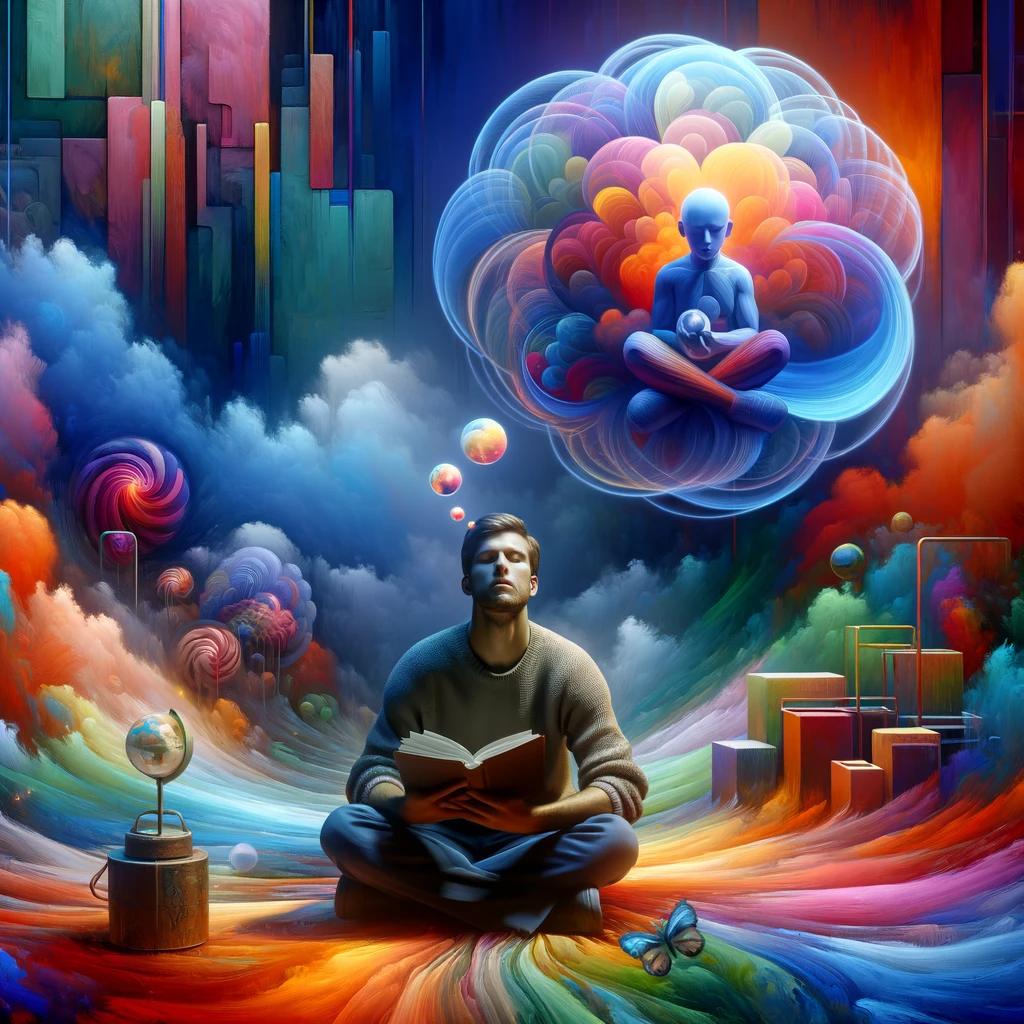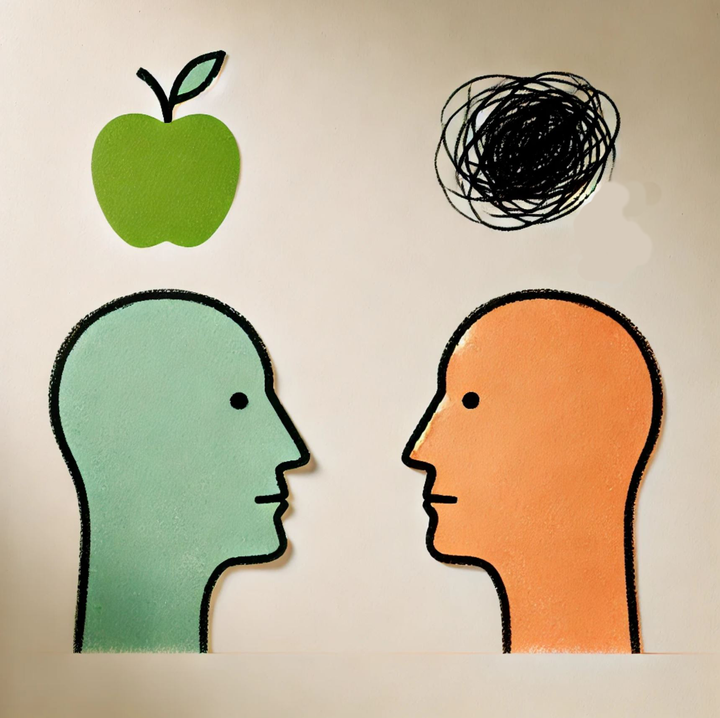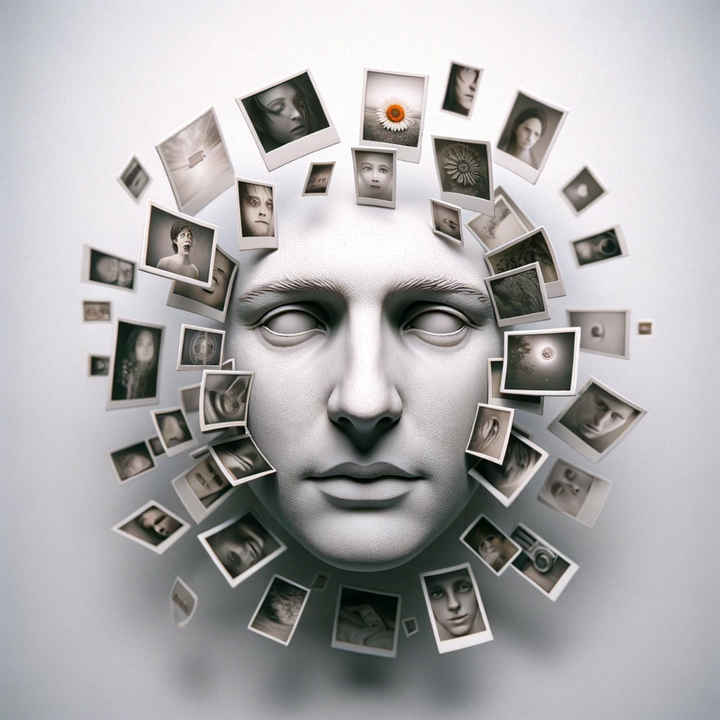Beyond Thinking: Unveiling Consciousness

Balancing Insight and Intellectualization: My friend Omar’s words hung in the air after last week’s consciousness experiment: “There’s a thin line between insight and overthinking,” he warned. “We want to avoid getting lost in our heads.” That’s the key, isn’t it? Forget the dry theories and mental acrobatics. We’re not here to dissect consciousness to death; we’re here to experience it, to touch that elusive “primal I” residing beneath the layers of thinking.
We’re embarking on a journey of personal discovery rather than pursuing a universally accepted definition, as there currently is no consensus on the definition of consciousness. Each experiment is a small stepping stone, a nudge towards forging clearer insight into that enigmatic first-person subjective perspective.
Omar’s experiment: Pick any object nearby. Look at it closely, take it in — its color, shape, texture. Now, close your eyes and picture it clearly in your mind. Notice the difference? The object itself is gone, yet you can still “see” it, right?
Who’s doing the seeing in both cases? You are. There are two distinct states — perceiving the physical object and the mental image — but only one observer: you. Whether you’re gazing at the real thing or its internal echo, it’s you doing the observing.
That’s the essence of consciousness, isn’t it? This ability to experience both the external world and our internal representations of it. These are two different experiences, yet there’s only one observer — you. This observer is what we mean by consciousness.
Another unique feature of this phenomena: When you are looking, feeling, or smelling an object, the experience is uniquely and privately yours. This is a significant aspect of consciousness. This is huge.
The big picture: We venture closer to understanding consciousness through these simple yet profound experiments. We’re reminded that while our personal experiences are deeply subjective, they are inexorably tied to a shared, objective reality. This exploration helps us better understand consciousness, encourages us to think about its impact on our human experience, and how we relate to the world.


